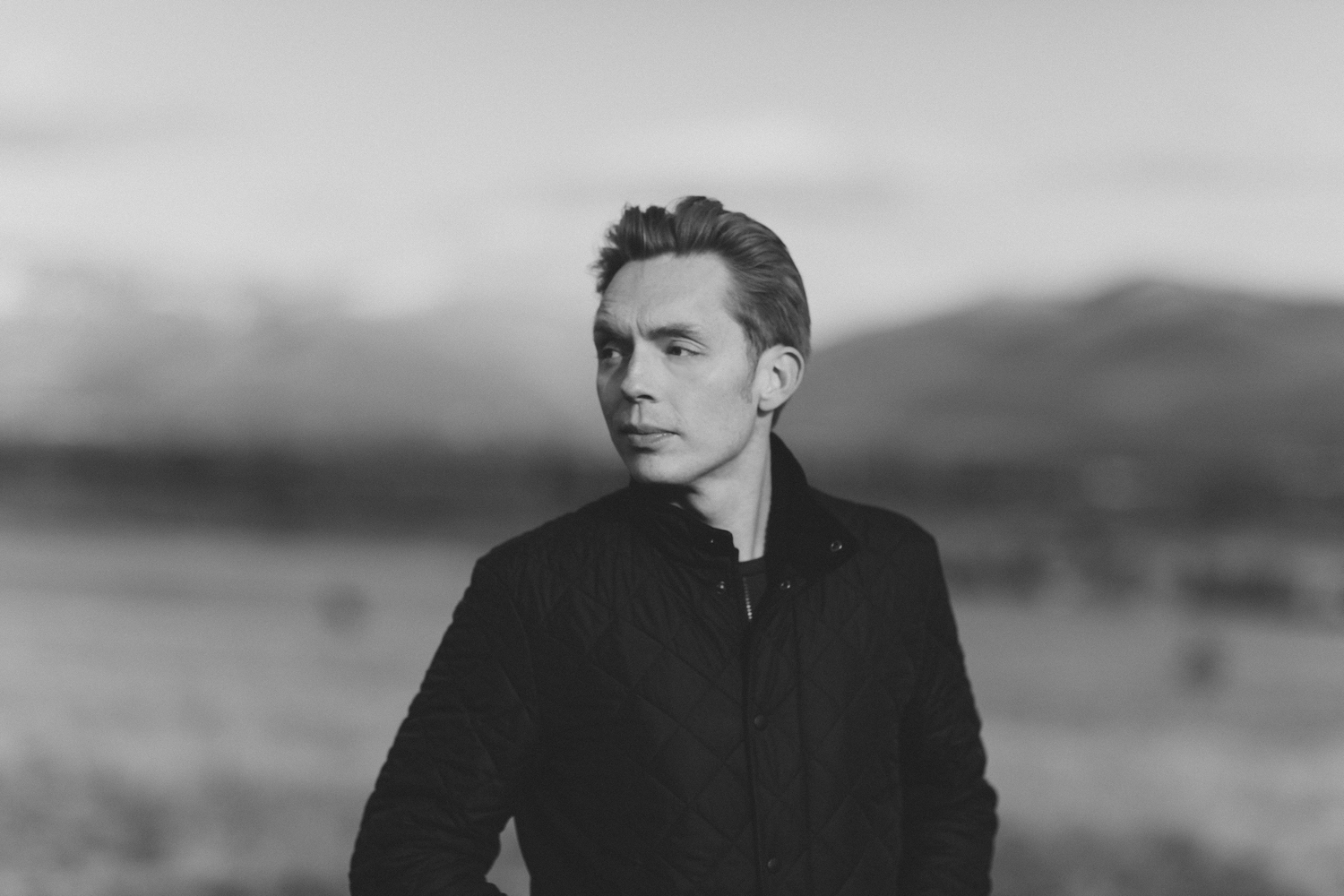
Minimalism: Living A Richer Life With Less feat. The Minimalist – #372
Timestamps
0:00 – CyberPolicy
1:00 – Cool fact of the day!
2:00 – Dollar Shave Club
2:40 – Welcome Joshua Fields Milburn
6:00 – What’s the purpose of minimalism?
10:00 – Why things get in your way
16:00 – Does minimalism involve too many sacrifices?
20:00 – Stoic experiments
24:00 – What possessions do you keep?
27:00 – Is consumerism bad?
30:00 – Fighting the urge to buy more stuff
34:50 – $75,000 is the magic salary for happiness
39:00 – Prioritizing quality of life
40:00 – 40 Years of Zen
42:00 – Contributing to others
45:00 – Technology addiction and nomophobia
50:00 – How to be highly effective and minimalist
53:00 – Dave’s stack-ranked priorities in life
57:00 – Write down what’s important to you
1:00:00 – Top 3 tips for kicking more ass at life
Featured
Minimalism: Live a Meaningful Life
Resources
The Life-Changing Magic of Tidying Up
Bulletproof
Subscribe To The Human Upgrade
In this Episode of The Human Upgrade™...
BOOKS
4X NEW YORK TIMES
BEST-SELLING SCIENCE AUTHOR
AVAILABLE NOW
Smarter
Not Harder
Smarter Not Harder: The Biohacker’s Guide to Getting the Body and Mind You Want is about helping you to become the best version of yourself by embracing laziness while increasing your energy and optimizing your biology.
If you want to lose weight, increase your energy, or sharpen your mind, there are shelves of books offering myriad styles of advice. If you want to build up your strength and cardio fitness, there are plenty of gyms and trainers ready to offer you their guidance. What all of these resources have in common is they offer you a bad deal: a lot of effort for a little payoff. Dave Asprey has found a better way.








